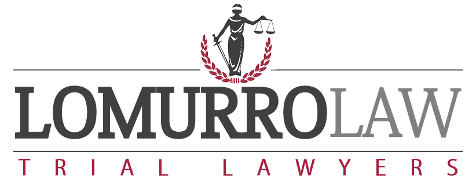The term “hospital-acquired infections” represents a large category of conditions, including infections in the blood, the urinary tract, the lungs or surgical sites. What they have in common is that they were all an infection the patient did not have before entering medical care.
There can be many causes of a hospital-acquired infection, but typically the problem stems from an invasive procedure that was a necessary part of the patient’s treatment. Bacteria or some type of infectious agent enters the patient’s body during or after the procedure, causing the infection.
Hand-washing
Some infectious agents enter the patient’s body from the air, but often they come from a person in the hospital who spreads the infection to the patient through touching their body or a device that must be inserted into the patient’s body. One of the best ways to prevent this is through the simple act of washing hands.
Medical providers have known for more than a century that they must wash their hands thoroughly before treating patients, but still, insufficient hand-washing can be a problem. One way medical providers have tried to stop the problem is by having staffers observe each other washing their hands. If a staffer sees another medical worker fail to sufficiently wash their hands, they can correct them and stop the problem before someone is hurt.
Electronic monitoring
Unfortunately, researchers have found that it isn’t enough to merely require workers observe each other washing their hands. With hospital workers in short supply and hospitals as busy as they are these days, workers often simply don’t have time to stand around and watch each other.
A new system promises to get around that problem. Known as SwipeSense, the system uses sensors to electronically monitor hospital workers as they wash their hands to ensure they are doing so properly. It also works in tandem with artificial intelligence that predicts which patients may be most at risk for infections, based on their histories, their conditions, their treatments and other data. Proponents say the system has already reduced the number of hospital-acquired infections.
Malpractice
Not all hospital-acquired infections can be traced to negligence on the part of hospitals and their workers, but some can. Patients who have been injured by a hospital-acquired infection can speak to an attorney with experience in medical malpractice law to learn more about their options.
